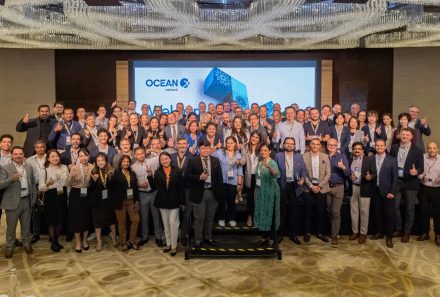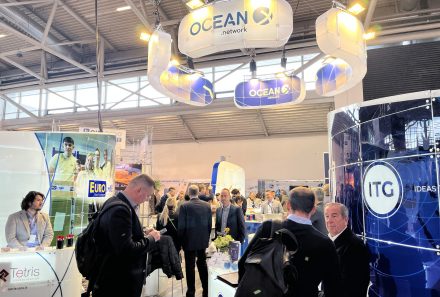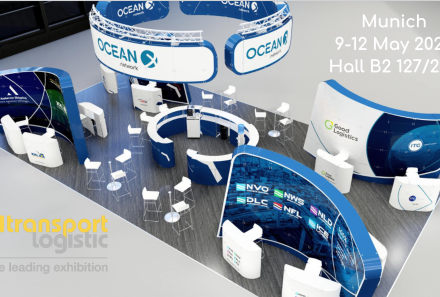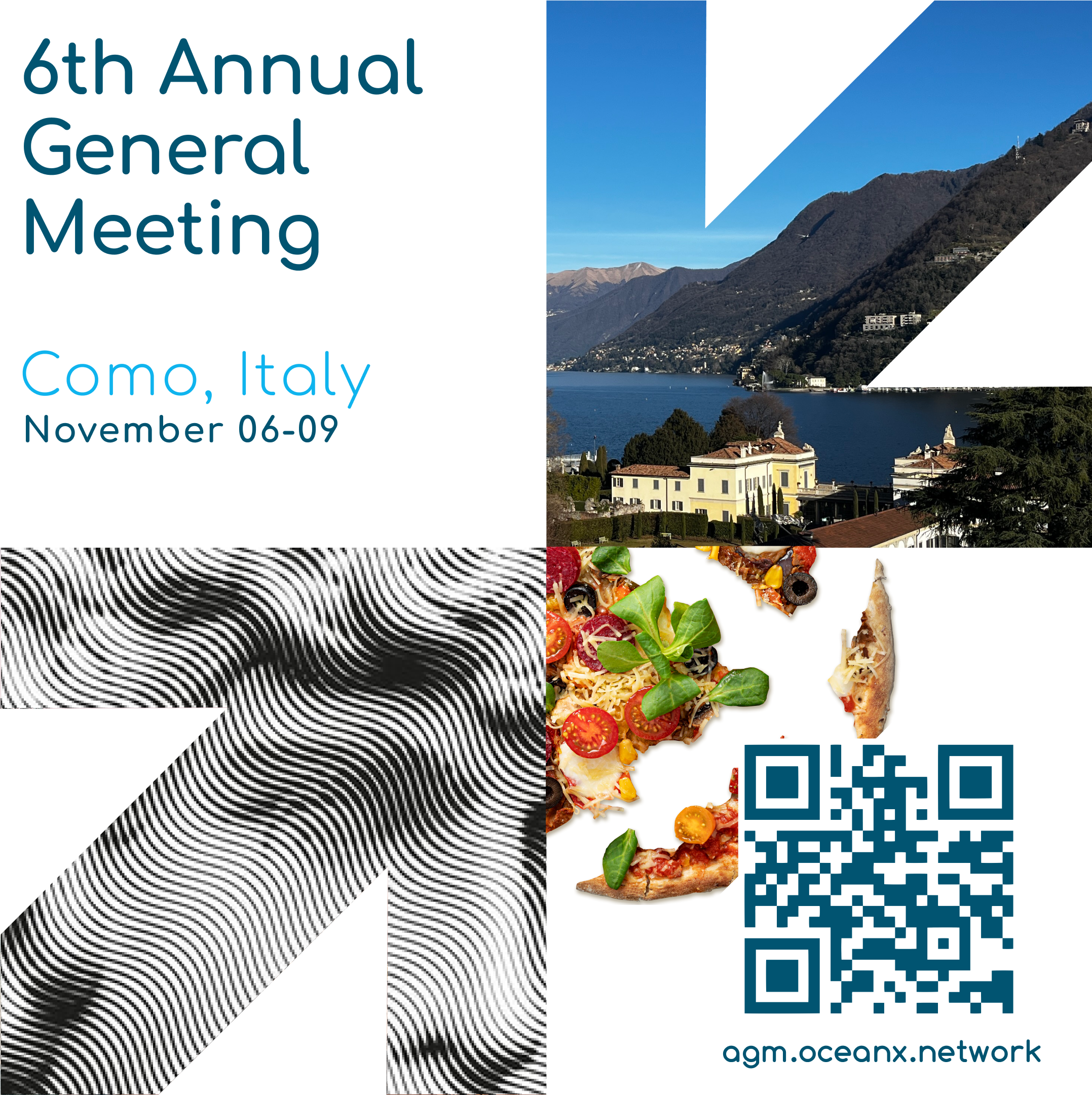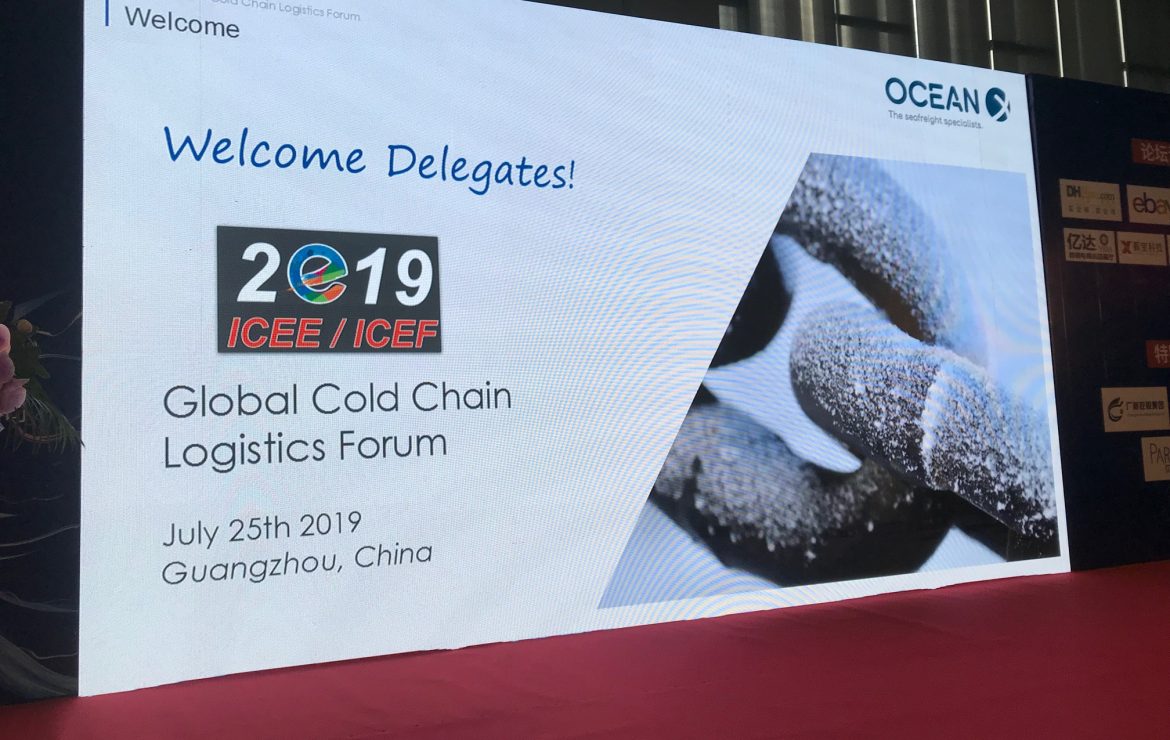
OceanX@ICEE – Global Cold Chain Logistics Forum
OceanX has been taking part in the Global Cold Chain Logistics Forum at ICEE in Guangzhou, China on July 25th 2019. The event organised by CICEA, that has brought together leading shipping lines, innovative technology providers, cold chain experts, logistics providers, importers and online retailers in South China this week, was co-moderated by OceanX founder Ruben Huber.
After greeting of the delegates through CICEA’s Jiang WenQian, Ruben provided an overview of current trends in the cold chain industry, with its main challenges and opportunities:
“Technology and digitalisation are increasingly shaping the future of cold chain logistics, visibility solutions enable not only to pinpoint the location of any product in transit, but also its condition, allowing adjustments during transport and gradually handing full control to the cargo owner on taking action in case of any suboptimal condition.
The technology enabled consumer, in particular here in China, is being served in ever more convenient ways, easily ordering on the press of a button, with delivery in hours for delicious fruits, meats, seafood or other delicacies. Innovative and flexible online retailers are constantly expanding their fresh, chilled and frozen product offerings to customers.
These requirements close to the fork of the consumer, drive changes through the entire supply chain up to the farm and origin of every product.
Reefer technology continues to advance, enabling seafreight transportation for commodities, that used to be flown, making them more affordable and opening new markets.
New environmental regulations in ocean shipping, known as IMO2020, are sending conventional vessels into retirement, further pushing containerisation and further pressuring a scarce reefer container fleet.
Environmentally friendly packaging, in a more and more climate conscious world becomes ever more important, driving innovation.
Yet, still a far too significant percentage of food is wasted between farm and fork, within the perishable supply chain, much owed to a consumer oriented retail environment that focuses on availability and choice 24/7.
Today, we will also be exploring concepts of Smart City’s and how intelligence and information can help reducing food waste and better anticipating demand.“
Tony Tong, as chairman of the Hong Kong liner shipping association (HKLSA), introduced their role and key interest to facilitate cooperation across all stakeholders from carriers, to ports and warehouses in the Greater Bay Area (GBA), making it the center for the perishable supply chain into the largest consumer market on the planet. In particular he outlined the importance of information sharing to optimise the refrigerated supply chain.
Professor Dr. Richard Fung, of Hong Kong City University, presented the case study of the airline catering supply chain, as an illustrative example of perishable supply chain’s complexity and risks. He showed how leading airline catering service providers, use ISO 22000 standards and hazard management to monitor critical control points in receiving, storage, defrosting, cooking and packaging to ensure food safety.
Alexander von Stempel, Managing Director of Cool Logistics, took the audience on an overview journey of current challenges of the industry. Starting with the ageing population, that is impacting consumer behaviours of the population and driving the need for automation. Indicating, that „robots serving grandma“ will become the new last mile of the future. Further, young professionals, in the higher middle class, want the best food now and will return/reject if it is not good, leading to more local sourcing in order to reduce risks during transport. He also outlined how the development of China, has changed global demand, with pork consumption in the country, moving from 4kg per head in 1961 to 62kg in 2013 and how it has become the second largest beef market after the US today, just recently pushing Brazil to third position. Alex also elaborated how the consumer oriented retail environment, driven by the „fear of stockout“ is leading to smaller pack sizes and how in an omnichannel reality of orders, predictability is key for an efficient supply chain. He illustrated, how the key fresh eCommerce challenge will become the „distribution of one“, where individuals will be supplied, rather than markets. In closing his presentation he showed the impact of increased meat production on the environment, the reduced risks through frozen transportation versus fresh and the implications for food waste and packaging waste.
Tal Shachar of Israel based innovator Loginno, outlined their companies vision of Contopia and how digitalising the container fleet, will improve visibility throughout the supply chain, eliminating the industry’s „blindness“ which is wasting in excess of 100 billion USD per year.
Loginno is currently starting to build the first digital shipping company, by outfitting the entire fleet of Brazilian carrier LogIn with smart devices, that are placed at the standard container vent, a Loginno patented solution. Building on the data of these devices, they have developed a wide range of use cases, with some of them being:
- SOLAS VGM container weight measurement: Loginno won a grant from the Israeli Innovation Authority to trial scale-less weight measurement for containers. Partner: Israeli Aerospace Industries
- Real-time container inventory management: producing a research-based tool for the management of a container inventory using real-time information. Headed by Dr. Rami Pugatch
- Smart Container <> Port connectivity: highlighting use cases for optimizing port operations based on smart container real-time data. Contopia partner: Navis
- CyberSeal: replacement of a container’s physical seal with a software certificate to allow frictionless borders and customs green lanes. Contopia partner: Lloyd’s register
- Smart Container <> Vessel connectivity: examining three use case types of connecting the container through the vessel systems to the shore, the vessel’s AI and the crew. Contopia partner: Marlink,
- GRF (Geospatial Route Forecast): producing a geospatial forecast from standard documents.
- Contopia Share: crypto-powered revenue sharing model for smart containers
JD Cold Chain Logistic’s Ling YanYu, gave the audience an exciting update about what JD.com as a leader in fresh eCommerce is doing today in China innovating the cold logistics supply chain and pushing further consumer services in the sector. From trialing a fully robotic restaurant in Beijing to further expanding their automated refrigerated warehouse facilities across China.
JJ Foo of Thermo King, the leader in refrigeration systems, provided the latest updates in reefer technology, after outlining the technological developments from the first refrigerated units until today. He illustrated how new technology, like super freezer and transportation at -60C enable the shipment of sashimi grade fish or fresh oysters at a quality equal to fresh consumption. JJ also showed how the refrigerated container is more and more becoming a modular cold storage element for restaurants and markets.
An exciting panel discussion was held in the afternoon, moderated by Alfred Cheung from APTTPA, featuring Jacob Fu of Triton, Bong Chan of Deloitte, Dr. Richard Fung of Hong Kong City University, Alex von Stempel of Cool Logistics, Tal Shachar of Loginno and Edmon Fung of ISCA/OYM Alliance. The panel covered many exciting developments around the cold chain, from security to financing, however the two key elements that certainly surfaced were the power of data and transparency in and end to end context. It was nicely put by Alex that the cold chain is not owned by anyone, thus it must be forged by the individual players within. Tal brought it to the point by stating that IoT for the first time „gives cargo an ability to talk“ and instead of external parties reporting on the cargo, it becomes enabled into an active party, „giving it a vote“ in the supply chain. Dr Fung and Edmon both underlined the importance of knowledge in the cold chain and how platforms can enable standards and sharing of best practices improving on an end to end basis. In particular in China, it will be possible to leapfrog and learn from mistakes made earlier in developed economies. It was widely agreed, that there are huge opportunities to expand cold chain abilities in China and increase the offering of specialised services. Touching on the hyped value of blockchain in many discussions, the panel followed Tal in agreeing, that technology, in any case needs to be measured based on the value it creates.
Jacky Fung of Chunto Fruit nicely showed the case of fruit imports for Japan, illustrating his own refrigerated supply chain and sharing the views of an importer with the audience.
ISCA’s and OYM56LM’s founder Edmon Fung, explained the importance of transparency and information sharing, which has been driving the growth of platforms in eCommerce and will be driving platforms as a means to improve the supply chain too. OYM is today already bringing together more than 15000 warehouses in 366 cities, thus building a network of storage and distribution providers, covering the entire country for any specialised needs, combining services of individual providers. He showed how China’s warehouse space and logistics capabilities have grown very fast in the coming years, while quality is still low and the logistics warehouse market remains messy. The cold chain warehouse market in particular is expected to double again by 2020. Edmon outlined how providing country wide covered in China, with warehouses as a 250km radius, does require anyone attempting to have next day delivery capability, to operate 99 warehouses, which makes it a clear case where collaboration is the faster way. ISCA sees their role, thus as being an efficiency provider for the warehouse market, helping to improve quality an standardisation.
Aco Kong of Parea Technologies, showed the importance of digital marketing as key for exposure in selling perishables through eCommerce. A role that in the traditional sales channel happens in the market hall or at the fruit shop and that needs to find ways to become virtual. Parea builds virtual shop experiences for retailers, allowing to virtually navigate through the fields of the growers, enabling a new way of getting exposure.
Alfred Cheung as founder of APTTPA closed the event with his presentation on the impact of ecommerce on the transport and perishable logistics market. Looking on the particular market of China, where eCommerce sales are reaching 125 bn USD in 2018, where 0.6 bn pigs are consumed per year, 1.7 bn ducks, which sees 150 million tourists traveling abroad and being exposed and interested in imported foodstuffs. Further he showed that 2018 saw 45,000 tons of crayfish eaten, an industry now employing 5 million people, all that in an increasingly cashless society that moves fast.
ICEE2019 presentations will be made available to members of OceanX via the member portal shortly.


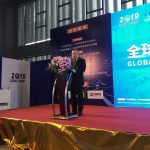
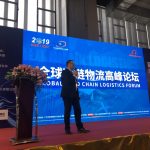
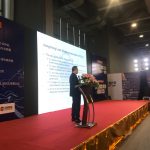

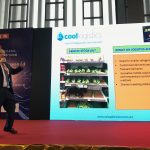

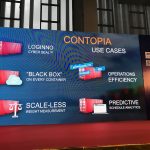
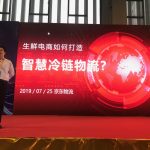
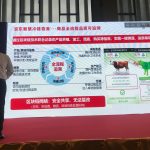
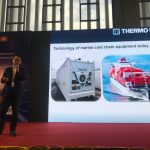
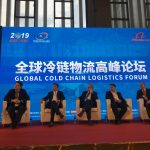
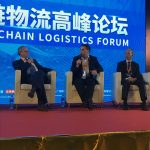

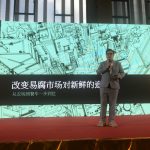
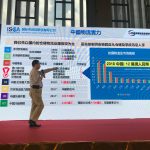
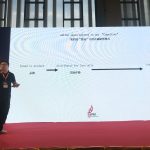
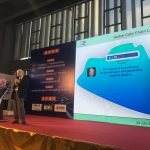
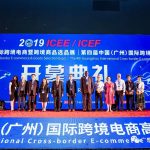
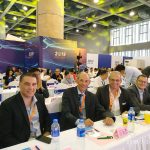
About OceanX
OceanX is a non – exclusive global network of leading ocean freight providers and NVOCCs dedicated to delivering bespoke innovative solutions, in particular on FCL services, LCL consolidation, dangerous goods and chemical logistics, temperature control, as well as project cargo handling.
